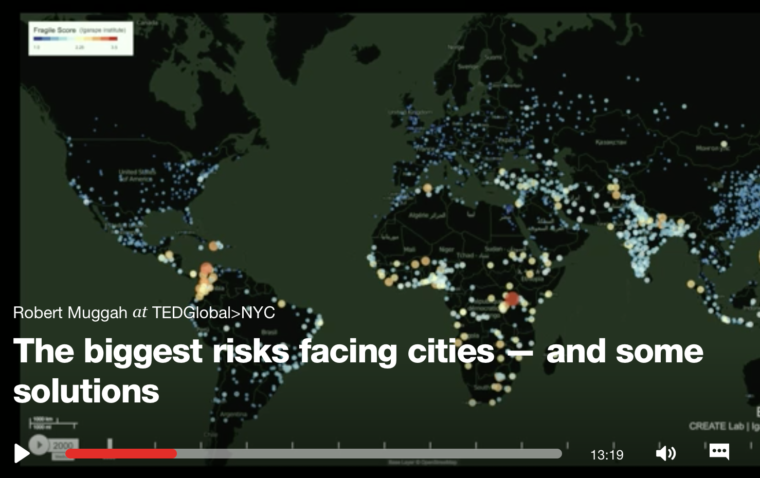Our faculty member and China expert Frédéric Cho answers the question.
Learn from other industries: How to be successful in the video game industry
At KTH Executive School we have several times seen the strength when companies from different sectors, but with similar problems, meet and learn from each other. Inspiration on new ways to define and work with a problem can lead to wonderful results – and you don’t have to be afraid to discuss openly about your challenges since you don’t compete with each other.
A growing (and very successful) industri in Sweden is the gaming industry. This text is the first in a series about success factors and learnings from that industry. The insights are based on a report produced by researchers from KTH.
Do you want to meet executives from other industries in order to develop you company? Read more about our group formats.
How to be successful in the video game industry
Sweden’s position as a top game developer nation has been corroborated by interviewed industry experts, who often compare Sweden and to some extent Finland with international game development “hubs” in USA, Korea, Japan, and regions in Canada like Quebec. In addition, in 2015 Sweden was elected the leading game developing country in Europe in for the second year in a row, in surveys connected to the European Game Developers Conference.
Top insights from the 2017 AI Index Report
AI is one of the most hyped topics of 2017. But where is AI really today? We have previously discussed AI and what it can achieve and today we want to talk some about the highlights from The 2017 AI Index Report that discuss the development of AI in research, education, startups and the general improvement of AI technology and algorithms.
We are essentially “flying blind” in our conversations and decision-making related to Artificial Intelligence.
From The 2017 AI Index Report
AI in China
“There’s no data like more data.” More data makes AI smarter. So, how much data is China generating?
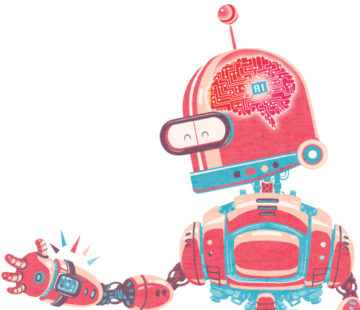 China has the most mobile phones and Internet users in the world
China has the most mobile phones and Internet users in the world
Which is about three times more than that in the US or India. Many think that the gap between the US and China is just a factor of three. It is dramatically larger than that. In China, people use their mobile phones to pay for goods, 50 times more often than Americans. Läs mer
The importance of not only looking ahead
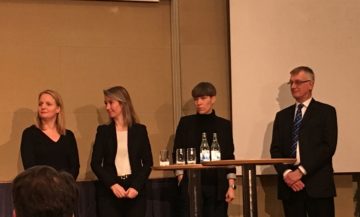 The book: Managing Digital Transformation, has collected the knowledge of 27 scholars across various academic disciplines, and provides insights and perspectives to help you govern and leverage digital transformation.
The book: Managing Digital Transformation, has collected the knowledge of 27 scholars across various academic disciplines, and provides insights and perspectives to help you govern and leverage digital transformation.
(see more on www.digitalchange.se )
How algorithms shaping our world
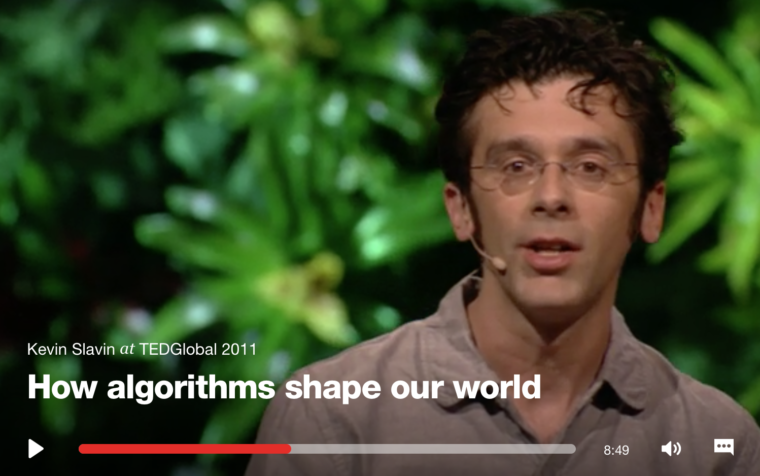
Todays TED talk recommendation is Kevin Slavin talking about how algorithms shaping our world.
We live in a world run by algorithms, computer programs that make decisions or solve problems for us. In this riveting, funny talk, Kevin Slavin shows how modern algorithms determine stock prices, espionage tactics, even the movies you watch. But, he asks: If we depend on complex algorithms to manage our daily decisions – when do we start to lose control?
The frustration paradox – the challenge of learning from start-up people in a mature company
A notable observation – when talking about intrapreneurship and innovation inside large existing companies – is that the complexity of the larger organizational structure seems to be a frustration both for the managers interested in change inside large traditional firms as well as for the self-proclaimed saviours – the consultants. We call tis the frustration paradox.
 Consultants, which sometimes are almost fanatically obsessed with their own tools, do not understand why the company doesn’t change “now that they know what to do” and sometime even how to do it (“I don’t understand – I gave them all the right tools”). Läs mer
Consultants, which sometimes are almost fanatically obsessed with their own tools, do not understand why the company doesn’t change “now that they know what to do” and sometime even how to do it (“I don’t understand – I gave them all the right tools”). Läs mer
Slides on how to think inside the box to solve the big problems!
The question: Can we save 25 per cent of the water we use?
The solution: Think inside of the box
See the slides from the seminar!
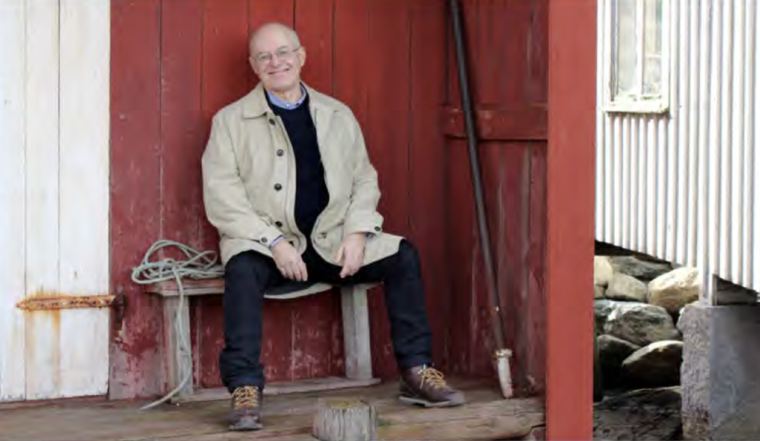
Swedish firms have stronger capabilities for corporate foresight than their European counterparts
 The four main findings
The four main findings
- Swedish firms act in a less dynamic environment than their European counterparts.
- Swedish firms’ environment is more complex.
- Swedish firms have stronger internal capabilities with regards to culture, method sophistication and information usage.
- Swedish firms have stronger perceiving (foresight scanning) abilities but weaker prospecting (analyzing the perceived trends) abilities than European firms.
Business opportunities in growing cities
Today we want to recommend a TED-talk by Dr Robert Muggah, he is the research director of the Igarape Institute and a principal of the SecDev Group. He is talking about the biggest risk facing cities and the business opportunities connected to that.

